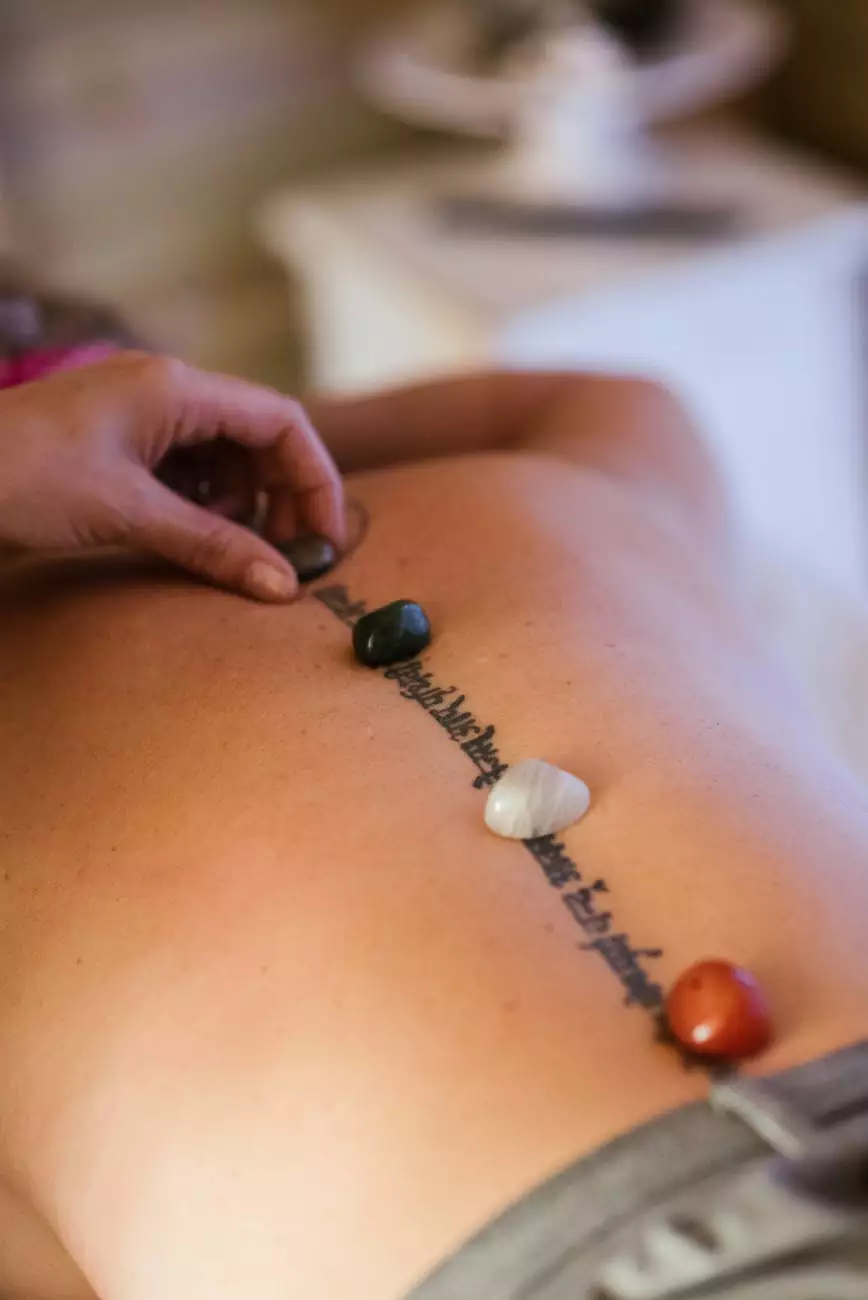Equine Therapy for Personal Growth and Wellness
Programs
Welcome to Bridging The Gap's Equine Therapy page! Harnessing the power of horses, our evidence-based equine-assisted activities and therapies offer a unique and transformative experience for individuals seeking personal growth, holistic wellness, and emotional healing.
Why Choose Equine Therapy?
Equine Therapy, also known as Equine-Assisted Therapy (EAT), is a therapeutic approach that incorporates horses into the healing process. This modality has gained immense popularity due to its remarkable benefits and effectiveness in treating various mental, emotional, and behavioral challenges.
How Does Equine Therapy Work?
Equine Therapy sessions at Bridging The Gap are facilitated by our team of highly trained and experienced therapists, equine specialists, and certified equine-assisted learning practitioners. During the therapy sessions, individuals engage in activities such as grooming, leading, and interacting with horses, all under the guidance of our expert team.
Horses have a unique ability to provide immediate and honest feedback to human behavior, making them exceptional partners in the therapeutic process. Their non-judgmental nature, sensitivity, and ability to mirror human emotions create a powerful dynamic that assists individuals in gaining insights, developing self-awareness, and fostering personal growth.
Benefits of Equine Therapy
Equine Therapy offers a wide range of benefits for individuals of all ages, including:
- Emotional Healing: Interacting with horses promotes emotional healing, boosts self-esteem, and reduces symptoms of anxiety and depression.
- Stress Reduction: The serene and tranquil environment of our equine facility coupled with positive interactions with horses helps reduce stress and restore inner balance.
- Improved Communication Skills: Horses can enhance communication skills by encouraging individuals to effectively convey their thoughts, emotions, and desires.
- Enhanced Self-Awareness: Through equine-assisted activities, individuals develop a deeper understanding of their own emotions, behaviors, and patterns, leading to personal growth and self-improvement.
- Building Trust and Empathy: Working with horses nurtures trust, empathy, and teamwork, essential skills for building healthy relationships.
- Reduced Symptoms of PTSD: Equine Therapy has shown remarkable results in reducing symptoms of Post-Traumatic Stress Disorder (PTSD) and supporting trauma recovery.
Equine Therapy Programs at Bridging The Gap
At Bridging The Gap, we offer a variety of Equine Therapy programs tailored to meet the unique needs and goals of each individual. Our programs include:
1. Equine-Assisted Psychotherapy (EAP)
Our Equine-Assisted Psychotherapy program combines traditional psychotherapy techniques with equine interactions to address emotional and mental health challenges. During sessions, individuals work closely with our therapists and horses to explore emotions, develop coping strategies, and foster well-being.
2. Equine-Assisted Learning (EAL)
Equine-Assisted Learning sessions focus on personal development, leadership, and skill-building. Through engaging activities with horses, individuals enhance problem-solving, decision-making, and communication skills, which can be applied in various personal and professional contexts.
3. Therapeutic Riding
Therapeutic Riding offers individuals with physical disabilities an opportunity to experience the joy and benefits of horseback riding. Under the guidance of certified instructors and therapists, riders develop strength, balance, coordination, and confidence while establishing a deep connection with their equine partners.
Contact Bridging The Gap for Equine Therapy
If you are ready to embark on a transformative journey towards personal growth and wellness, contact Bridging The Gap today. Our experienced team is dedicated to providing compassionate and effective Equine Therapy services. Take the first step towards a brighter future.
Disclaimer: The information provided in this page is for informational purposes only and should not be used as a substitute for professional medical or therapeutic advice.



